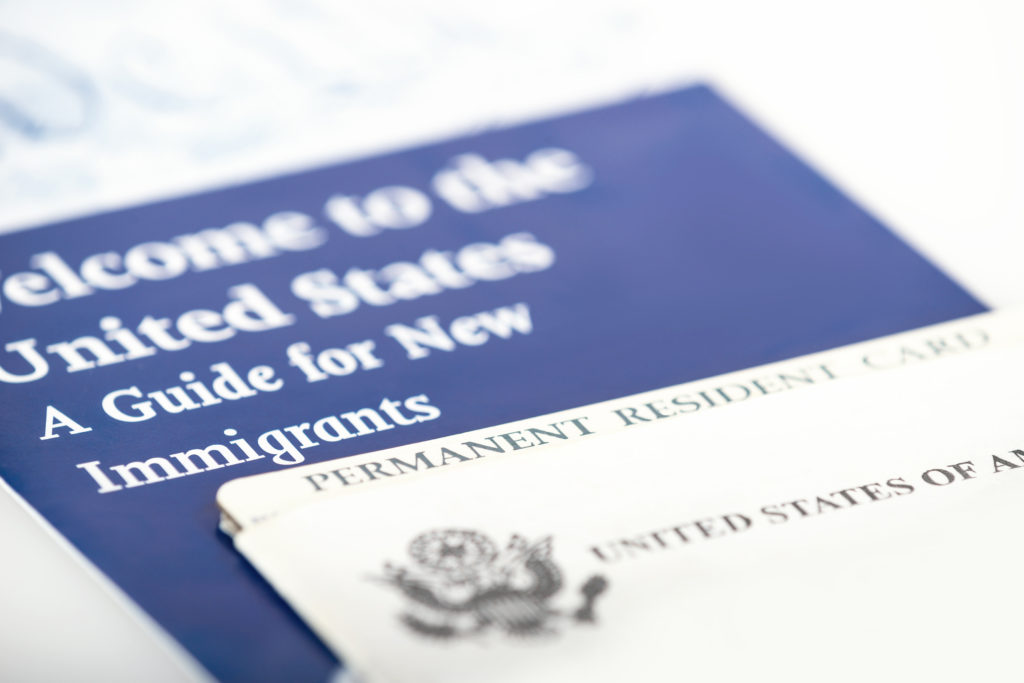President-Elect Biden Expected to Undo Trump Executive Orders and Launch Massive Immigration Policy Reform

In the last four years, U.S. Immigration policy has undergone numerous upheavals as the Trump administration has instituted, primarily through executive actions, massive changes to both immigrant and non-immigrant visas. That all could be at an end. President-Elect Biden has signaled that he intends to roll back many of these changes and create new legislation addressing immigration reform.
How Immigration Policy is Changed: Executive Action vs Legislation
There are several ways to enact immigration policy in the United States. President Trump primarily relied on executive action. However, legislation and precedent set through the courts can also create policy. The incoming president can easily overturn existing executive orders made by a predecessor. However, undoing or creating new legislation requires the consent of both the House of Representatives and the Senate.
Nothing is certain of course, and the new administration does not take office until January 20, 2021. It is also likely that the Republicans will control the Senate while the House will be taken by Democrats, which could result in stalled legislation. However, executive actions are quick and do not require the approval of congress. While we cannot be sure what changes will occur, based on President-Elect Biden’s published Immigration Plan, here are some of the possibilities.
Elimination of the Muslim Travel Ban
This is an immediate action President-Elect Biden could take as it was an executive order from President Trump rather than legislation passed by Congress.
Employment-Based Immigration Policy Reform
This requires an act of Congress, and President-Elect Biden is hoping to accomplish several key things in this area:
- Allowing foreign temporary workers to switch jobs in select industries as long as the employers can supply data or prove potential harm to their business without the addition of temporary workers
- Expansion of the number of high-skilled visas
- Elimination of limits on employment-based visas by country
- Increases to the number of visas awarded for permanent, employment-based immigration (temporarily reduced during periods of high unemployment)
- Exemptions for recent CAP graduates of PhD programs in STEM fields in the U.S. who are “poised to make important contributions to the world economy.”
- Creation of a new visa category to allow cities and counties to petition for higher immigration levels to help support their economic growth
Family-Based Immigration Policy Reform
Again, these changes would require the cooperation of Congress. President-Elect Biden proposes to include spouses and unmarried children of green card holders as immediate relatives in the same way that the spouses, children and parents of U.S. citizens are treated. They would not be subject to current quotas. Immediate relatives with approved I-130s would be allowed to enter the U.S. immediately and would not have to wait for their priority date to be current.
Enforcement of Immigration Law
In addition to changes to immigration policy and law, the President-Elect Biden Immigration Plan also calls for changes to how ICE, CBP and the Immigration Courts enforce immigration law. During the Trump administration, changes were made by the Attorney General or through an executive order of the president. The Biden administration can reverse these changes in the same way. These changes include:
- Elimination of for-profit immigration detention centers
- End of workplace raids
- Additional oversight and training for ICE and CBP
- Increasing the number of immigration judges, court staff and interpreters to help speed up the immigration court process.
Protections for Refugees and Asylum Seekers
An executive order can create most of these protection changes:
- Elimination of the “remain in Mexico” policy
- Restoration of Pre-Trump rights for refugees and asylum seekers
- Increases to the refugee quota from 15,000 to 125,000 annually
DACA Protections
President-Elect Biden would reinstate the Deferred Action for Childhood Arrivals (DACA) program and DACA recipients would be eligible for federal student aid. Executive action can accomplish these.
President-Elect Biden also intends to create a roadmap to citizenship for DACA recipients and their parents through legislative reform.
Temporary Protected Status (TPS)
President-Elect Biden announced his intention to launch an immediate review of the TPS program for vulnerable populations.
Comprehensive Reform of Immigration Policy Legislation
President-Elect Biden can undo many immigration policy changes enacted by the Trump administration through executive order. However, in order to substantially change policy and create lasting protections, he will need to get both the House and the Senate on board with a massive reform of existing immigration legislation. The process will take some time. This legislation would accomplish some of the changes above. However, here are some of the other announcement priorities of the new administration when it comes to legislation:
- Creation of independent immigration courts (to protect from executive interference)
- Prioritize keeping families together
- Create a roadmap to citizenship for undocumented immigrants
- Improving and increasing opportunities for legal immigration
Again, how much and how quickly immigration reform occurs is hard to predict. However, it is clear already that the Biden administration’s approach to immigration policy will be very different from the Trump administration. We expect substantial changes to come shortly after the transfer of power.
Do you have questions about how these changes could affect your current or potential immigration case? Please feel free to contact us for a free case evaluation.


